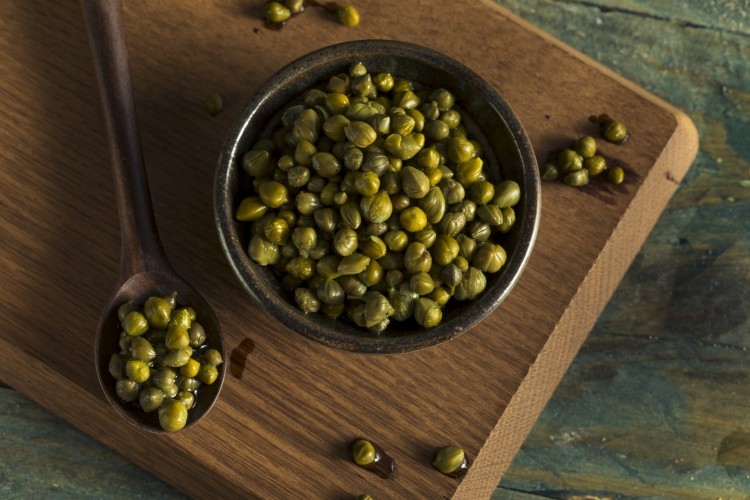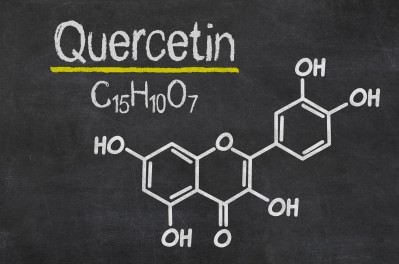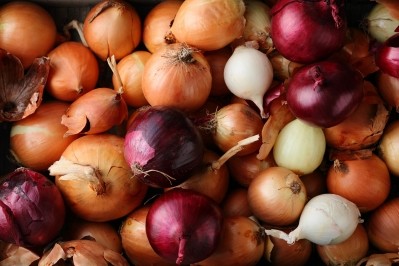Pickled caper flavonoid offers brain and heart health promise

Researchers from the University of California, Irvine School of Medicine, have discovered that the plant-derived bioflavonoid quercetin, commonly consumed when eating capers, can directly regulate proteins required for bodily processes such as the heartbeat, thought, muscular contraction, and normal functioning of the thyroid, pancreas and gastrointestinal tract.
Published in Communications Biology, the discovery was made by the laboratory of Geoffrey Abbott, PhD, a professor in the Department of Physiology and Biophysics at the Irvine School of Medicine. Kaitlyn Redford, a graduate student in the Abbott Lab, was first author of the study titled,
The Abbott Lab found that the compound modulates potassium ion channels in the KCNQ gene family. These channels are highly influential in human health and their dysfunction is linked to several common human diseases, including diabetes, cardiac arrhythmia, and epilepsy.
They say the compound modulates the KCNQ channels by directly regulating how they sense electrical activity in the cell, suggesting a previously unexpected mechanism for the therapeutic properties of capers. The mechanism may extend to other quercetin-rich foods such as onions, apples, grapes, berries, broccoli, citrus fruits, cherries, and quercetin-based supplements.
"Now that we understand how quercetin controls KCNQ channels," said Abbott, "future medicinal chemistry studies can be pursued to create and optimise quercetin-related small molecules for potential use as therapeutic drugs."
The Abbott Lab screened plant extracts for the ability to alter activity of KCNQ channels and found that 1% extract of pickled capers activated channels important for normal human brain and heart activity. Further studies revealed the molecular mechanism - quercetin from the caper extract binds to a region of the KCNQ channel required for responding to electrical activity, and in doing so, tricks the channel into opening when it would normally be closed.
"Increasing the activity of KCNQ channels in different parts of the body is potentially highly beneficial," said Abbott. "Synthetic drugs that do this have been used to treat epilepsy and show promise in preventing abnormal heart rhythms."
Archaeological evidence for human caper consumption dates back as far as 10,000 years, according to archaeological findings from Mesolithic soil deposits in Syria and late Stone Age cave dwellings in the Greece and Israel. Capers have traditional been used as folk medicine for hundreds if not thousands of years and are in current use or study for their potential as anti-cancer, anti-diabetic and anti-inflammatory properties, and their possible circulatory and gastrointestinal benefits.
Source: Communications Biology
Abbott. G. W., and Redford. K. E
"The ubiquitous flavonoid quercetin is an atypical KCNQ potassium channel activator."














